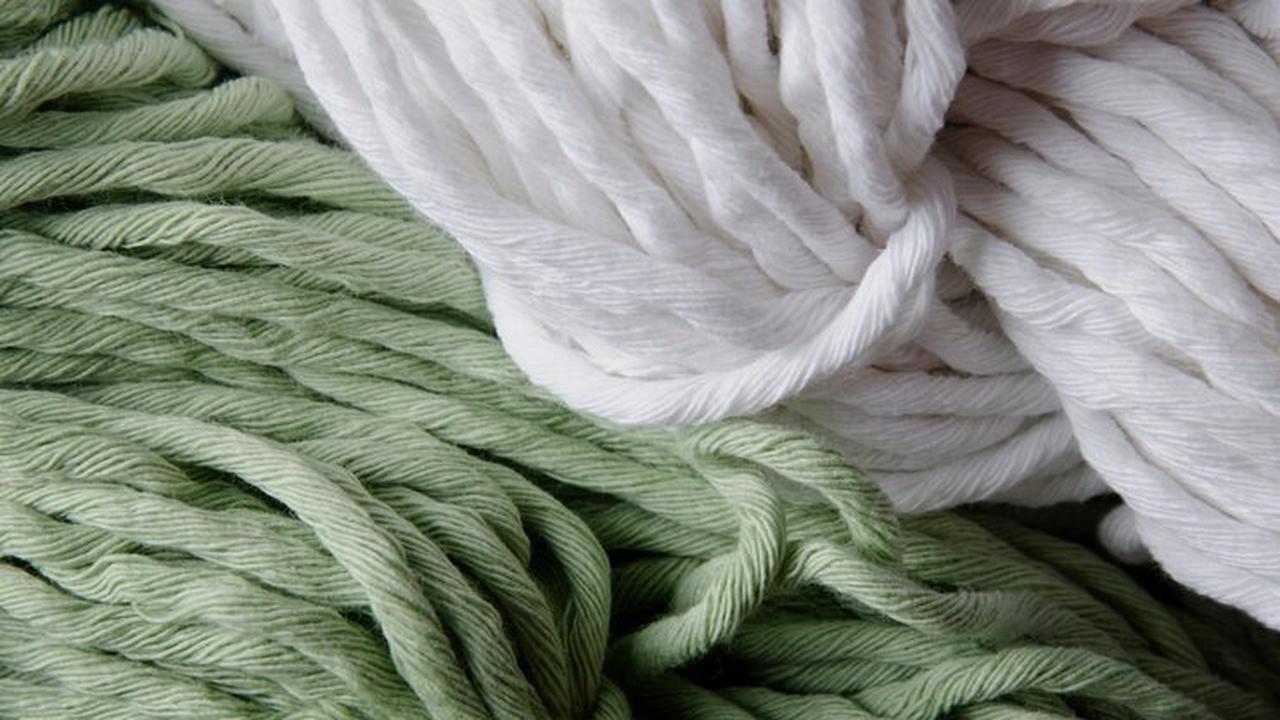 Cotton, often seen as a soft textile, is now a realm of scientific innovation. Cotton Incorporated is revolutionizing the industry at their R&D Center, creating sustainable cotton solutions that challenge synthetic fibers. From water-repellent Storm Cotton to circularity-focused recycled fabrics, their developments are reshaping activewear and outerwear markets. With a focus on reducing water, energy, and chemical usage, they are paving the way for a more sustainable future. Join us as we delve into the cutting-edge advancements transforming the cotton industry towards maximum sustainability and efficiency.
Cotton, often seen as a soft textile, is now a realm of scientific innovation. Cotton Incorporated is revolutionizing the industry at their R&D Center, creating sustainable cotton solutions that challenge synthetic fibers. From water-repellent Storm Cotton to circularity-focused recycled fabrics, their developments are reshaping activewear and outerwear markets. With a focus on reducing water, energy, and chemical usage, they are paving the way for a more sustainable future. Join us as we delve into the cutting-edge advancements transforming the cotton industry towards maximum sustainability and efficiency.
Maximizing Sustainability Through Innovative Cotton Technologies
Cotton Incorporated's relentless pursuit of sustainability is evident in their development of water-repellent and abrasion-resistant technologies, such as Storm Cotton and Tough Cotton. These advancements not only enhance the durability and performance of cotton products but also significantly reduce waste and extend product lifespan. By incorporating these technologies, brands like Duluth Trading, Kohl’s, and Walmart are embracing more sustainable practices in their offerings. The shift towards more sustainable cotton solutions is not just a trend but a strategic imperative for companies looking to meet the evolving consumer demand for eco-conscious products.
Circularity lies at the core of Cotton Incorporated's sustainability strategy, with a focus on utilizing recycled cotton fibers for quilted fabrics and post-consumer denim materials. These innovations not only reduce the environmental impact of textile production but also align with the growing consumer preference for sustainable and circular fashion. By embracing these circular solutions, brands can enhance their supply chain transparency and appeal to a more environmentally conscious customer base. The adoption of such practices by industry players like Walmart underscores the increasing importance of sustainability in the global retail landscape.
Revolutionizing Activewear and Outerwear Markets
The transformation of cotton into a viable alternative to synthetic fibers for activewear and outerwear categories marks a significant milestone in the textile industry. Cotton Incorporated's development of technologies like TransDry moisture management has enabled cotton to rival synthetic fibers by enhancing its moisture-wicking properties. Brands like Under Armour leveraging these technologies showcase the industry-wide shift towards more sustainable and performance-driven materials. The integration of cotton in traditionally synthetic-dominated areas like warp knits and seamless apparel further demonstrates the versatility and potential of sustainable cotton solutions in diverse product categories.
Redefining Cotton's Role in Sustainable Fashion
Cotton Incorporated's commitment to reducing the industry's reliance on water, chemicals, and energy is exemplified through their innovative approaches, such as utilizing undyed cotton fabrics and natural cleaning processes. By promoting the use of cotton in its natural state and incorporating enzyme-based cleaning techniques, the company is setting new standards for eco-friendly textile production. The emphasis on sustainable practices not only benefits the environment but also resonates with consumers seeking transparency and ethical sourcing in the products they purchase. As the demand for sustainable fashion continues to rise, companies like Walmart are recognizing the value of integrating such practices into their supply chains to stay competitive in the market.
Pioneering Textile Innovation for a Sustainable Future
Cotton Incorporated's exploration of new applications for cotton in collaboration with other natural fibers like linen and wool signifies a paradigm shift towards more environmentally friendly textile solutions. By developing double-layer constructions and three-dimensional fabric pockets, the company is enhancing cotton's breathability and insulative properties, offering a sustainable alternative to synthetic materials. The pursuit of natural, biodegradable alternatives like cotton/wool fleece not only addresses environmental concerns but also underscores the importance of innovation in creating sustainable products. As companies across industries seek to align with ESG goals and promote transparency in their supply chains, the pioneering efforts of Cotton Incorporated serve as a blueprint for sustainable textile innovation in the global market.
Conclusion
In the realm of textile innovation, Cotton Incorporated emerges as a beacon of sustainability, reshaping the industry with cutting-edge technologies that challenge synthetic fibers. From water-repellent Storm Cotton to circularity-focused recycled fabrics, their advancements not only elevate product performance but also set new standards for eco-conscious practices. As brands like Walmart embrace these sustainable solutions, the shift towards ethical sourcing and transparency in supply chains becomes not just a trend but a strategic imperative. The transformative journey of cotton towards maximum sustainability and efficiency paves the way for a future where innovation and responsibility intersect, urging businesses to rethink their approach and join the movement towards a more sustainable world.